National Day of Action for Missing and Murdered Indigenous Women, Girls and Two Spirit People
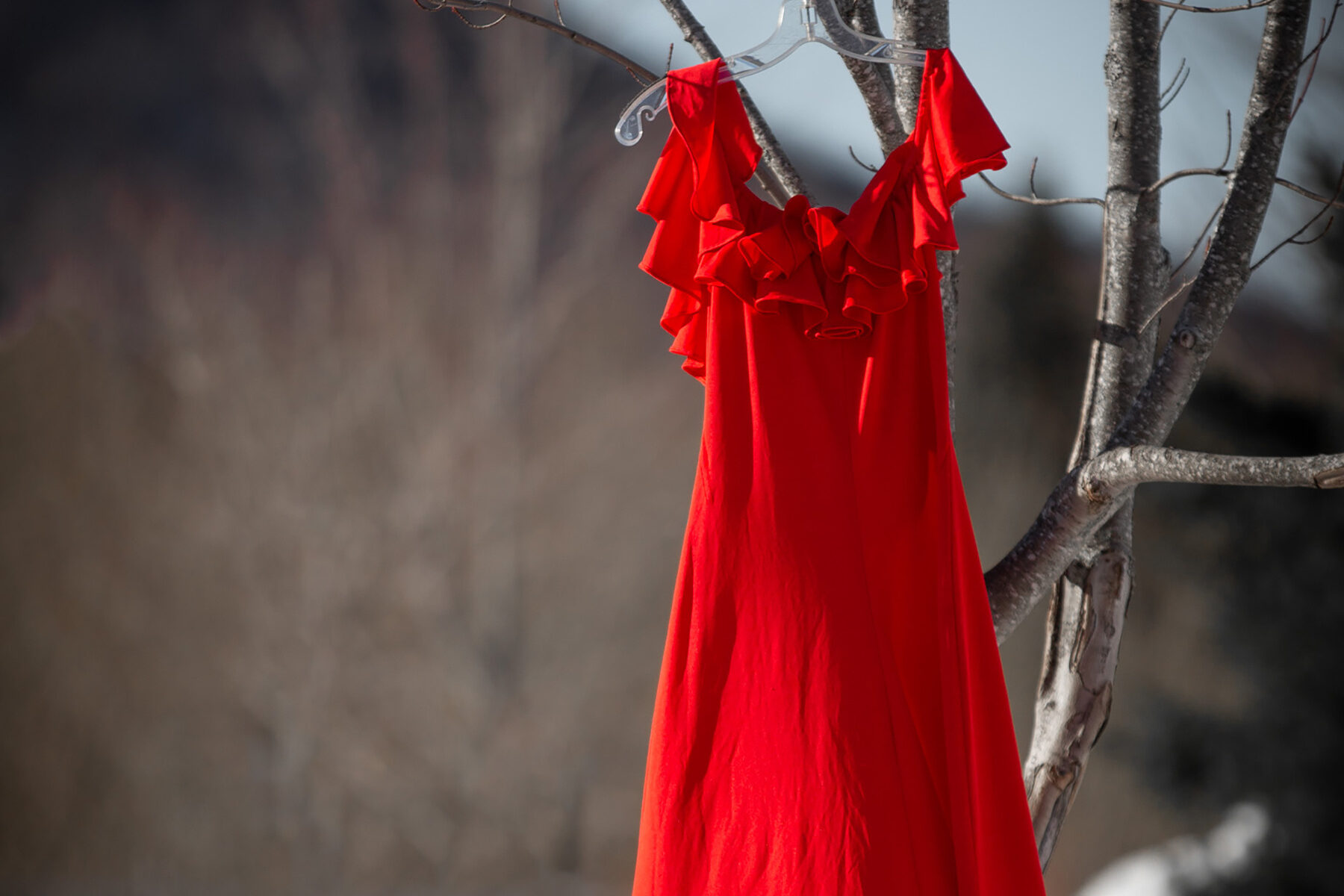
October 4 marks the Day of Action for Missing and Murdered Indigenous Women, Girls, and Two-Spirit People (MMIWG2S). While marches and vigils happened in the past, the 2015 Truth and Reconciliation Commission made looking into why violence happens towards this group its 41st call to action, with a final report from the inquiry released in 2019. The introduction from the executive summary of the final report states what has changed regarding attention to the issue:
The fact that this National Inquiry is happening now doesn’t mean that Indigenous Peoples waited this long to speak up; it means it took this long for Canada to listen.
The Library provides books and streaming video to support both formal studies of issues within regular classes and for those wanting to educate themselves about Missing and Murdered Indigenous Women, Girls and Two Spirit. At the centre, now and always, are those individuals who are no longer here, taken too soon, with friends, family, hopes, and dreams.
Browse a range of resources in our updated Guide >> Missing and Murdered Indigenous Women, Girls, & Two-Spirit (MMIWG2S)
Featured Videos
National Film Board (NFB)
The National Film Board continues to provide access to films and documentaries with attention to boosting Indigenous filmmakers.
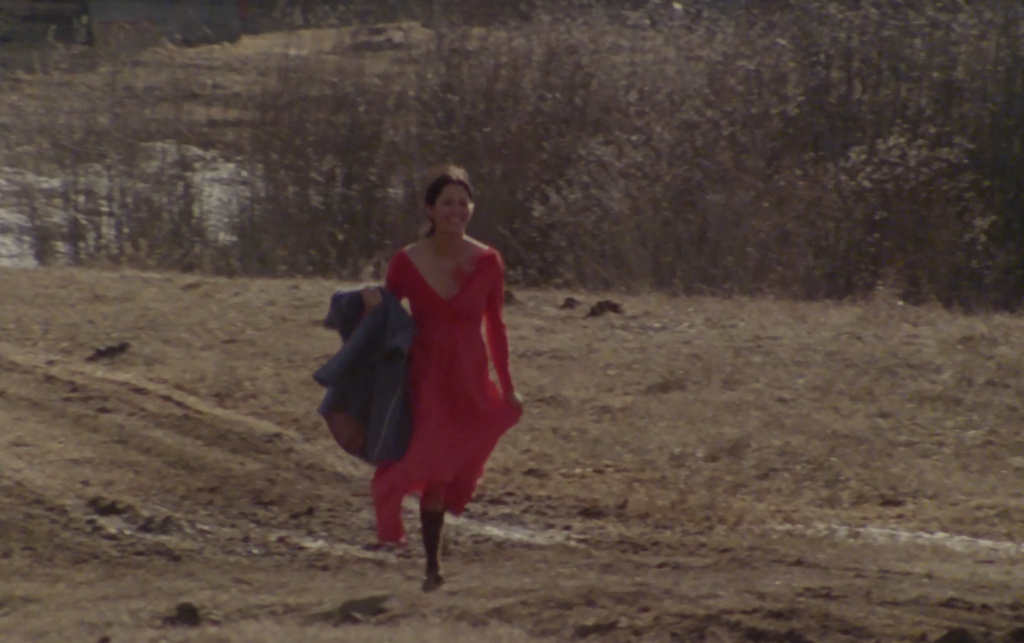
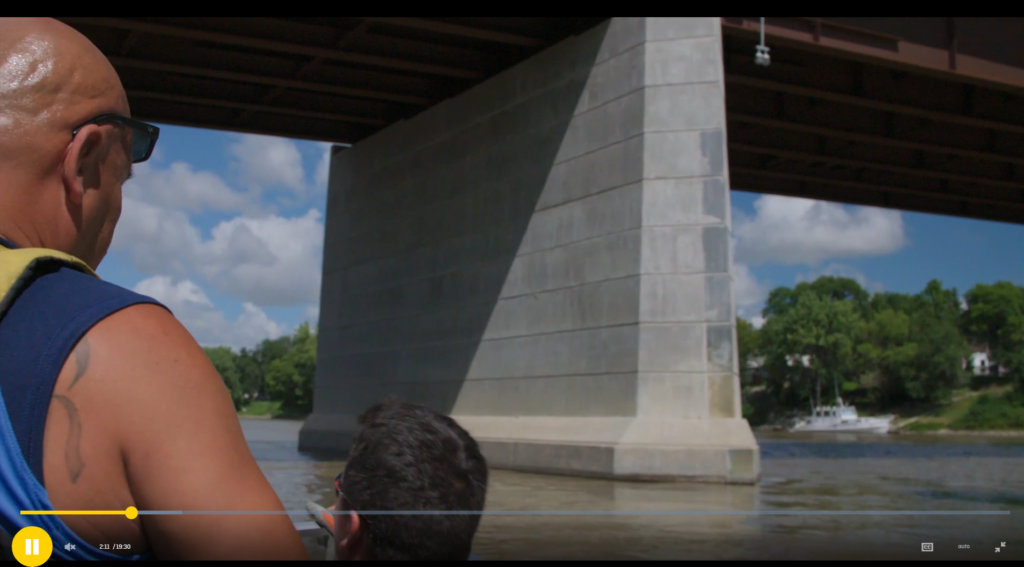
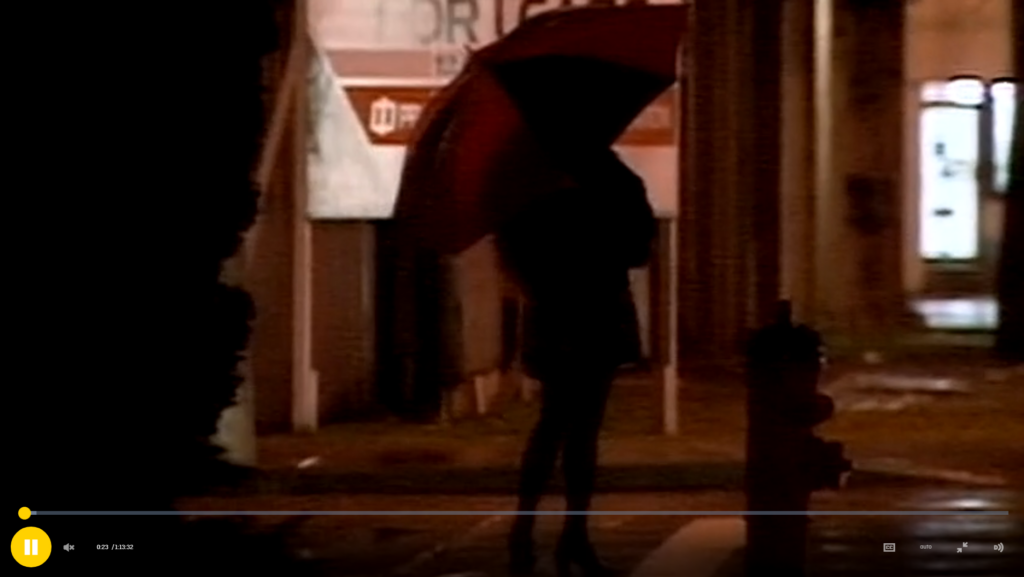
CBC’s Curio
CBC’s Curio assembles videos from News in Review to The National.
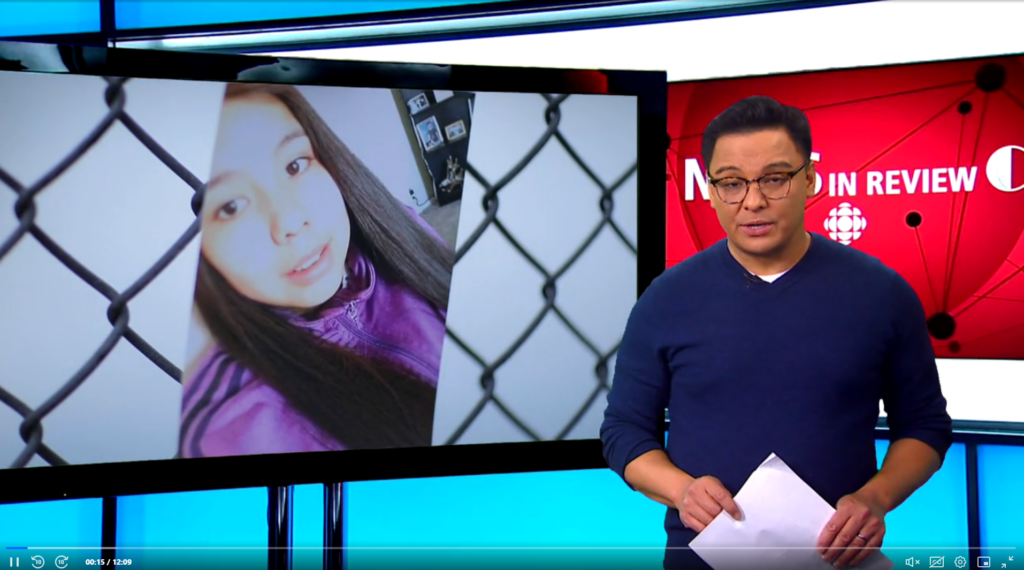
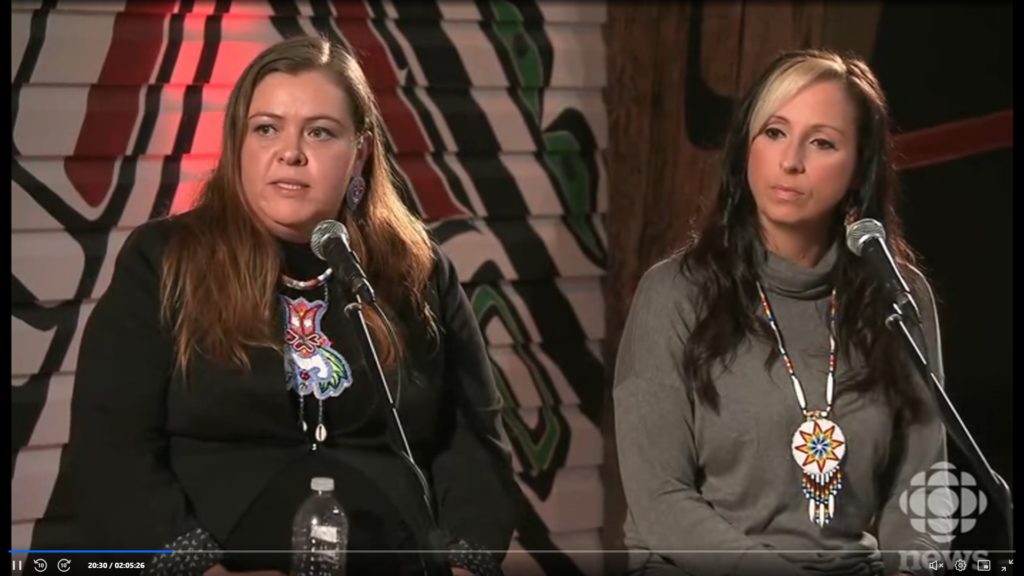
Indigenous Women and Girls
Viewing streaming videos: Click on an image to go directly to a video. You may be required to log in with your RRC Polytech credentials to access it.
Tina Fontaine: A Murdered Girl’s Legacy. October 2019
Tina Fontaine was just 15 when her body, wrapped in a duvet cover and weighed down by rocks, was pulled from Winnipeg’s Red River. A report from the Manitoba Advocate for Children and Youth says in the years since her murder, not enough has changed to ensure other children in circumstances similar to Tina’s are not at risk. But Tina has left a legacy. Her death focused attention on missing, murdered Indigenous women and girls and inspired volunteer groups such as the Bear Clan Patrol to work at protecting vulnerable people on the streets. Warning: This program contains disturbing images and subject matter. Viewer discretion is advised.
Public Forum on Missing and Murdered Indigenous Women and Girls
This special edition of The Current is a public forum held at the Museum of History in Gatineau, Que. – the fifth in a series of forums on missing and murdered Indigenous women and girls (MMIWG). Anna Maria Tremonti and panellists explore the work of the National Inquiry into MMIWG, leadership and reconciliation.
Featured Books
The Library’s newly curated MMIWG2S (Murdered and Missing Indigenous Women, Girls, and 2 Spirits) Collection is a great way to explore physical and electronic resources on the topic. Two titles from this collection are featured below.
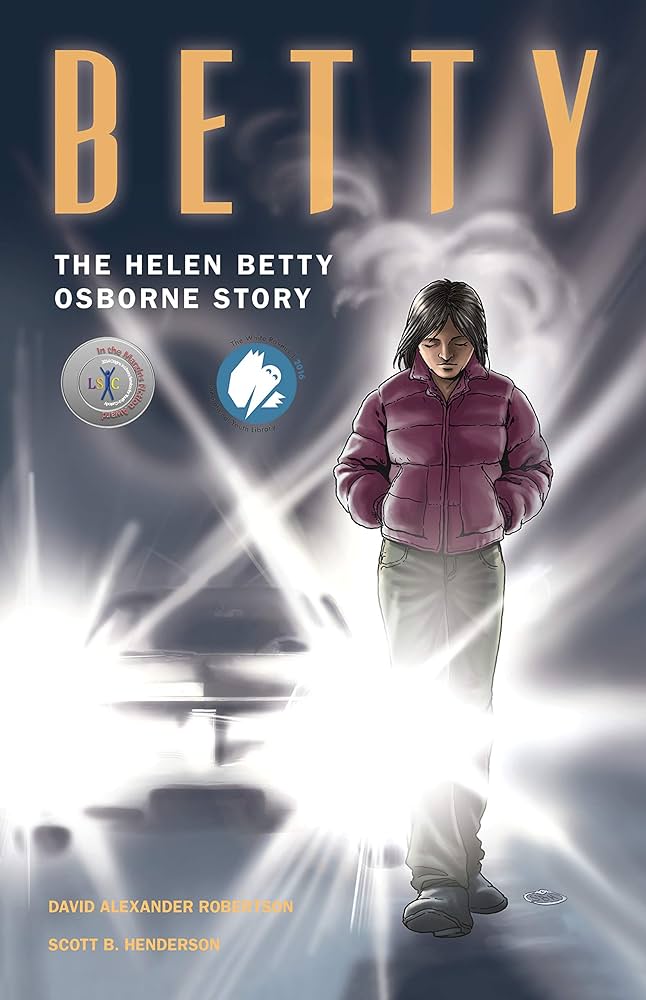
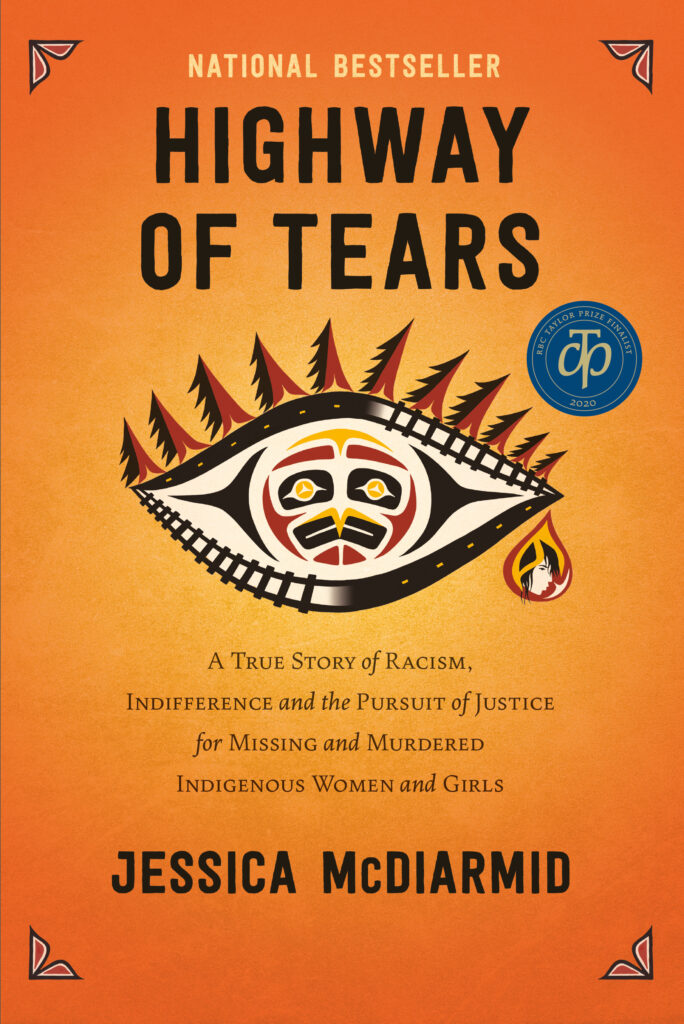
Betty: the Helen Betty Osborne story
In the early hours of November 13, 1971, Helen Betty Osborne, a young Aboriginal woman living in La Pas, was walking home alone when she was abducted by four young white men, sexually assaulted, and then viciously beaten and stabbed with a screwdriver. Despite the horrific nature of her murder, and the identities of her killers being known to many in The Pas, no arrests were made until 1986, and the subsequent trial resulted in only one conviction.
Highway of tears: a true story of racism, indifference and the pursuit of justice for missing and murdered Indigenous women and girls
For decades, women–overwhelmingly from Indigenous backgrounds–have gone missing or been found murdered along an isolated stretch of highway in northwestern B.C. The highway is called the Highway of Tears by locals, and it has come to symbolize a national crisis. In Highway of Tears, Jessica McDiarmid explores the effect these tragedies have had on communities in the region, and how systemic racism and indifference towards Indigenous lives have created a culture of “over-policing and under-protection,” simultaneously hampering justice while endangering young Indigenous women.
Questions or Comments?
Library staff love to assist staff and students with our collection! Feel free to connect with us in person at the Notre Dame and Exchange District Campus Libraries or through Ask Us Chat at library.rrc.ca.
Written by Fatima DeMelo–Reference Technician, Library and Academic Services
